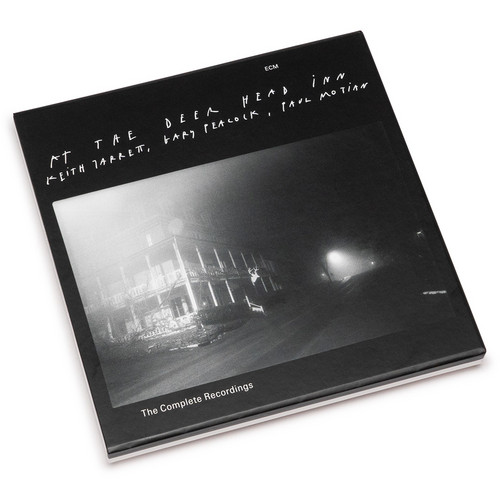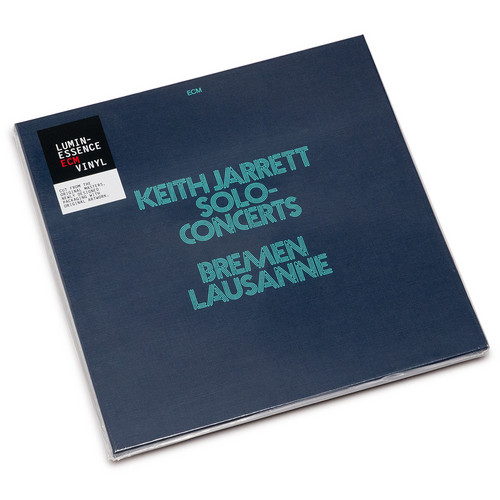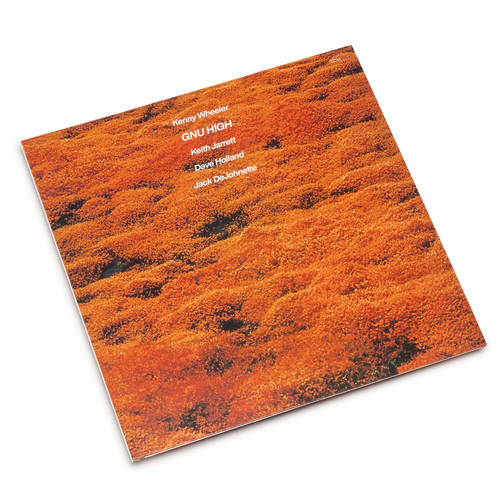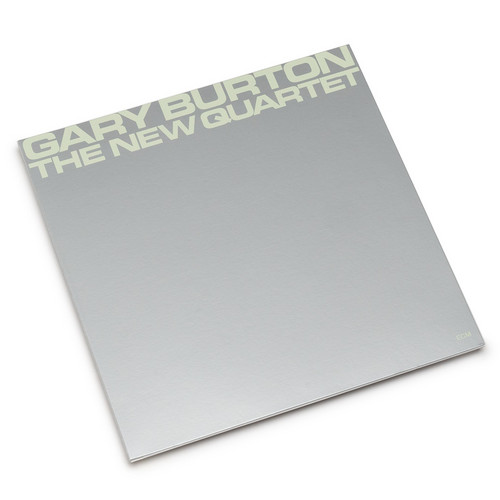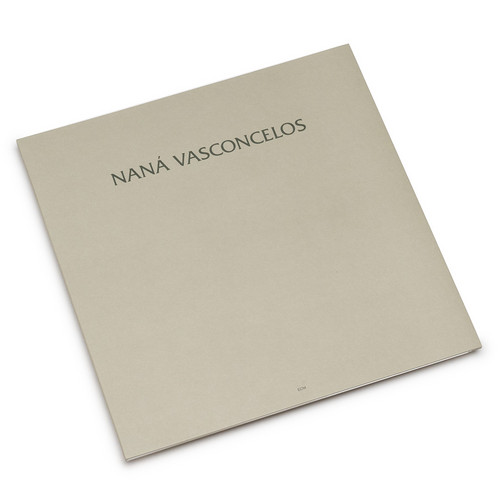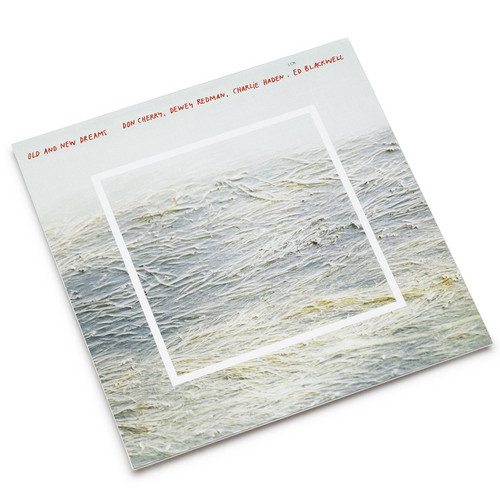Luminessence
At The Deer Head Inn
Big Tip! ** One-time pressing, strictly limited edition ** After more than three decades of whispered reverence among jazz cognoscenti, the complete story of Keith Jarrett's transformative return to his musical birthplace can finally be told. At The Deer Head Inn: The Complete Recordings, a sumptuous 4LP box set to be released in August 2025, captures every note from what may be the most emotionally resonant performance in the pianist's extraordinary catalog. On September 16, 1992, something ext…
Solo Concerts: Bremen / Lausanne
Newly designed packaging with original artwork. Comes in a hard box cover with a 12-page booklet. There exists a clear before and after Solo Concerts Bremen/Lausanne. On those evenings in March and July 1973, in those European concert halls, Keith Jarrett wasn't simply playing piano. He was conjuring something magical and unrepeatable - note by note - in that unique dialogue between artist and instrument that only the greatest improvisers truly understand.
Today, fifty years later, ECM Records t…
Gnu High
A vinyl reissue, in Ecm new audiophile Luminessence series, for Kenny Wheeler’s sensational ECM leader debut. Recorded in New York in 1975, and produced by Manfred Eicher, Gnu High brought Canadian trumpeter Wheeler to a new level of international acclaim, for both his impassioned playing and his profoundly lyrical writing. Here Kenny is fronting an extraordinary quartet, with Keith Jarrett, Dave Holland and Jack DeJohnette, all masterful improvisers who had shaped their intuitive collective und…
The New Quartet
The New Quartet stands as a landmark in modern jazz, capturing Gary Burton at a creative peak and introducing a band of extraordinary new voices. Recorded in March 1973 at Aengus Studios and now reissued in ECM’s “Luminessence” series, this album features Burton’s radiant vibraphone alongside guitarist Mick Goodrick, bassist Abraham Laboriel (in his debut recording), and drummer Harry Blazer.
The album’s repertoire is a showcase of jazz’s evolving language, with compositions by Chick Corea, Keit…
Saudades
Brazilian percussionist Naná Vasconcelos’s Saudades album, recorded in March 1979, was the culmination of a dream for a musician who had long yearned to hear the berimbau in an orchestral context. This ‘concerto’ for an innovative player of a traditional instrument was made possible with the creative input of Egberto Gismonti, here the arranger of the material for strings, as well as co-composer and supporting soloist. The Radio Symphony Orchestra Stuttgart was conducted by Mladen Gutesha (who h…
Old And New Dreams
Hot on the heels of Old Friends, New Friends comes Old And New Dreams, an operation meant as a new flagship for Ornette Coleman, whose lack of enthusiasm for the project left a gap duly filled by Dewey Redman. The result is this delightful excursion into post-bop outlands that sounds as alive as ever. Two Coleman pieces comprise nearly half of its duration—which is saying much, for like many of ECM’s joints of the 70s, this one breezes by in under 50 minutes. The first Coleman piece, “Lonely Wom…
